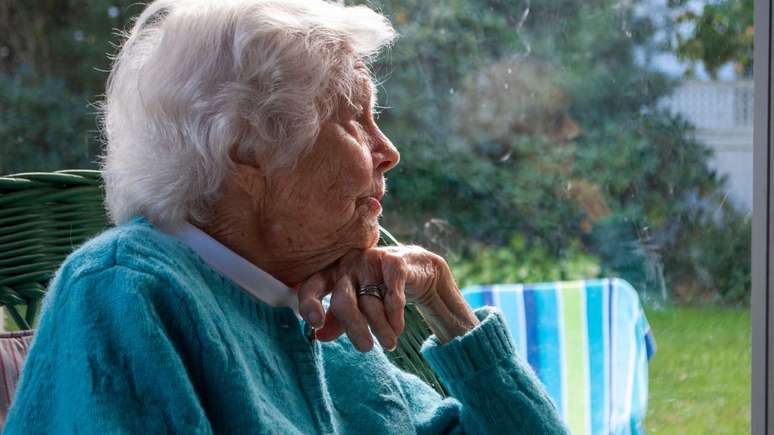According to a report published in the scientific journal The Lancet, heat-related deaths among the elderly increased by 85% in 2020
Summer is synonymous with high temperatures. When thinking about senior health, this time of year becomes challenging. The aging body, combined with extreme weather conditions, requires special care to ensure the well-being of this population segment.
According to a report published in the scientific journal The LancetHeat-related elderly deaths increased 85% in 2020, compared to those recorded between 1990 and 2000.
“Older people are more vulnerable to the negative effects of high temperatures due to the natural physiological changes that occur with aging. Therefore, it is critical to take preventative measures to avoid heat-related complications such as heat stroke and dehydration.”explains Dr. Fatima Bastos, geriatrician at the São Luiz Campinas Hospital, in the hinterland of São Paulo.
The expert states that the elderly have a reduced amount of water in the body and, added to the phenomenon of vasodilation, when blood vessels dilate to lose heat, maintaining body temperature becomes more complex.
“Older adults are less thirsty and consume less water, which leads to dehydration. Consequences include lowered blood pressure, behavioral disorders and mental confusion,” notify the geriatrician.
Check out some tips
– Hydration: Encourage older adults to drink water, juice and tea throughout the day, even if they aren’t thirsty.
– Environment: Try to keep the house airy and ventilated. Equipment such as fans, humidifiers and air conditioning can help.
– Sun exposure: Avoid exposing yourself to the sun between 10am and 4pm, when the rays are hottest and most intense. Do lighter physical exercises at appropriate times.
– Clothing: Choosing lightweight, light-colored clothing contributes to thermal regulation. Natural fabrics such as linen and cotton allow the skin to breathe.
– Food: Opt for light and balanced meals. “Fresh foods, such as fruit and vegetables, are particularly useful. Avoid heavy and difficult to digest meals,” advises the expert.
– Pay attention to the danger signs: It is essential that family members and caregivers remain vigilant and aware of the signs of overheating of the body. “If you feel unwell or have symptoms such as dizziness, darker urine, tiredness, dry lips, excessive thirst and mental confusion, it is important to contact your doctor immediately“, advises Dr. Fátima.
Prevention is key to preserving the health of older adults during heat waves. “Small attention can make a big difference”, concludes the doctor.
Source: Terra
Ben Stock is a lifestyle journalist and author at Gossipify. He writes about topics such as health, wellness, travel, food and home decor. He provides practical advice and inspiration to improve well-being, keeps readers up to date with latest lifestyle news and trends, known for his engaging writing style, in-depth analysis and unique perspectives.









